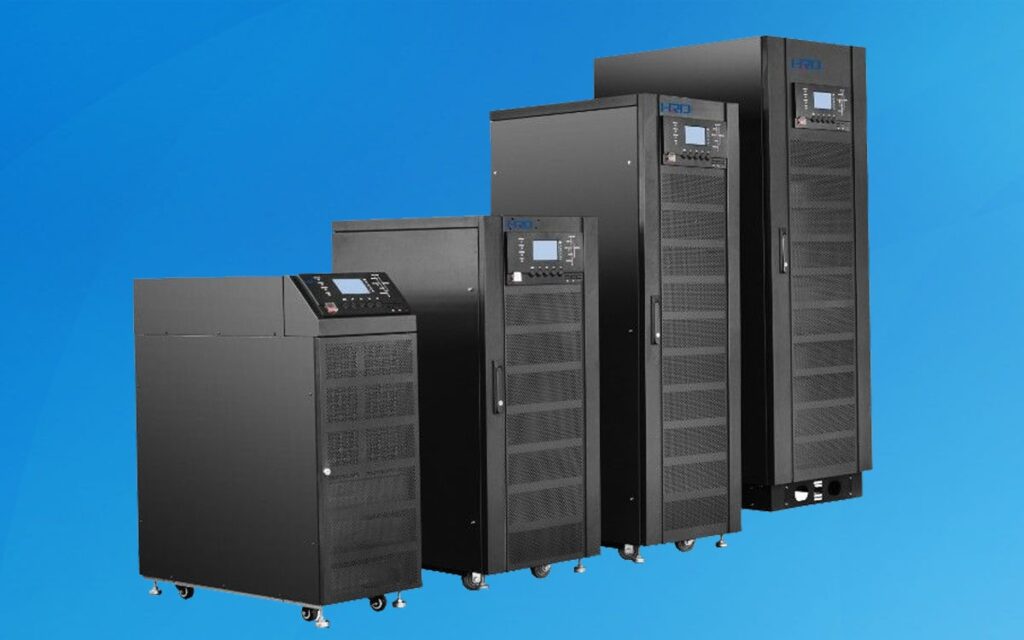Assessing Your Power Requirements
Choosing the right Uninterruptible Power Supply (UPS) system involves understanding your specific power needs and how the UPS will fit into your setup. Here are key factors to consider when selecting a UPS system:
1. Determine Power Capacity
The power capacity of a UPS is measured in Volt-Amperes (VA) or kilovolt-amperes (kVA). To determine the required capacity, calculate the total wattage of the devices you intend to connect. For example, if you have a server consuming 500 watts and a monitor consuming 100 watts, you should choose a UPS with a capacity greater than 600 watts to ensure it can handle the load.
2. Consider Battery Runtime
Battery runtime is crucial in determining how long your devices will remain operational during a power outage. Evaluate how much time you need for your equipment to continue functioning or to perform a safe shutdown. UPS systems come with different battery sizes, so select one that offers sufficient runtime for your specific needs.
3. Evaluate Features
Modern UPS systems come with various features such as LCD displays, USB connectivity, and network management capabilities. Consider which features are important for your setup. For instance, if you need remote monitoring, look for a UPS with network management cards or software that allows you to track performance and receive alerts.
4. Understand the Types
- Offline/Standby UPS: Suitable for small office environments or home use where power quality is not a major concern.
- Line-Interactive UPS: Ideal for environments with frequent voltage fluctuations but where high power quality is not critical.
- Online/Double-Conversion UPS: Best for data centers, hospitals, or any critical application where power quality and reliability are essential.
5. Factor in Physical Space
UPS systems come in various sizes, from compact units for home offices to larger rack-mounted systems for data centers. Ensure you have adequate space to accommodate the UPS and any additional cooling requirements.
Selecting the right UPS system involves assessing your power needs, understanding the features of different UPS types, and considering the physical space available. By carefully evaluating these factors, you can ensure that you choose a UPS system that provides reliable power protection and meets your specific requirements.


